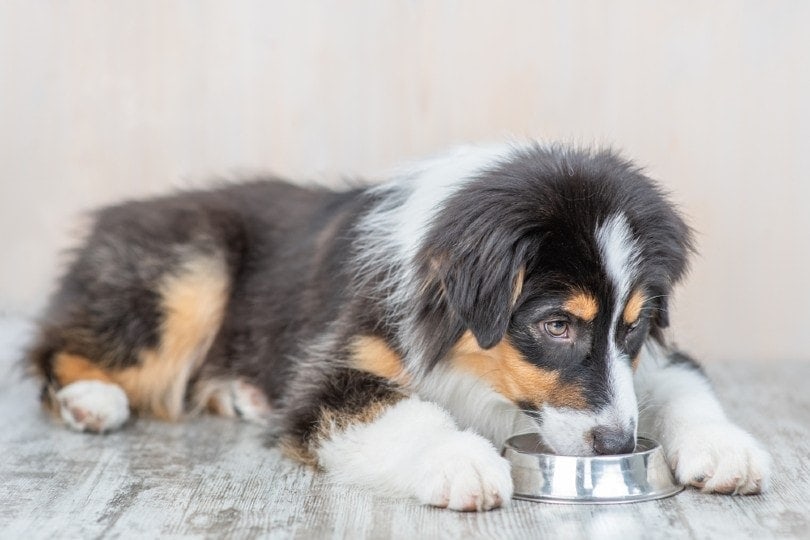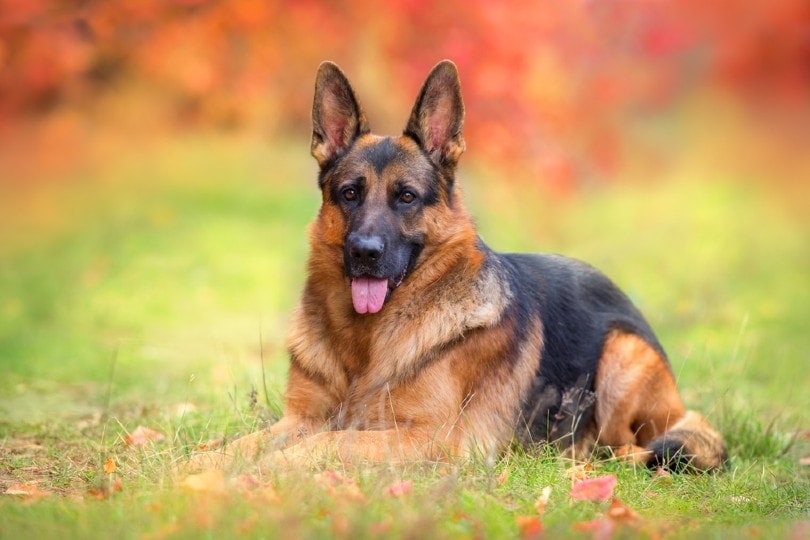Can Dogs Eat Black Pepper? Is Black Pepper Safe for Dogs?

Updated on
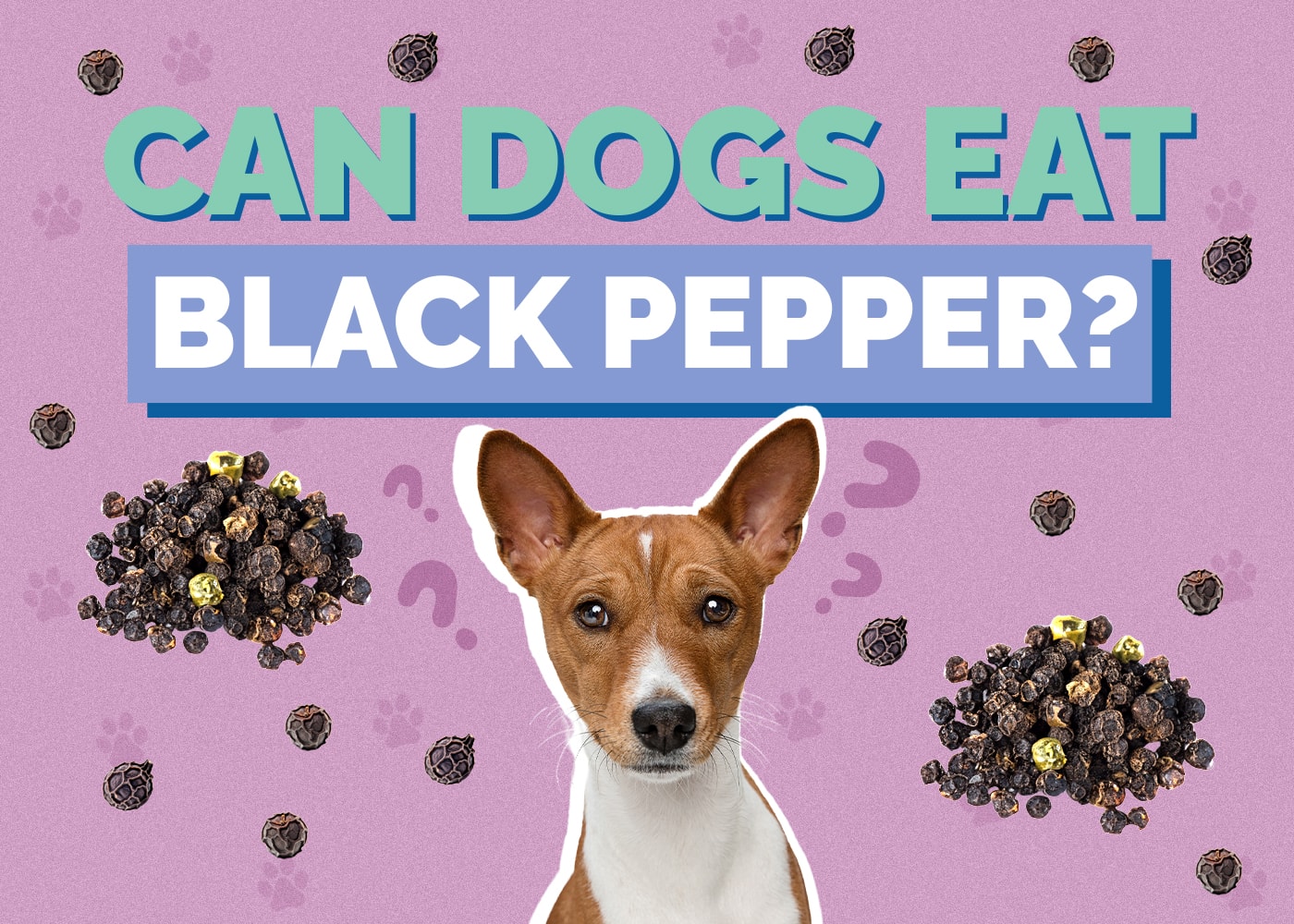
Look at any dinner table across America, and you’re likely to find our two favorite condiments: Salt and black pepper. A killer combo for adding savory and pungent flavor to classic meals, it’s also known for its ability to cause sneezing with just a small whiff.
If you’re a curious home cook and devoted dog owner, you may be wondering, can your dog eat black pepper? In short, while black pepper is not toxic for dogs, it’s not a great idea to feed it to them. Read on to learn why it’s better to avoid feeding your dog this common household spice.
Black Pepper Nutrition and Fun Facts
Did you know that the black peppercorns that we grind into a table spice are in fact the fruit of a flowering vine? Additionally, the different colors of peppercorns all come from the same plant; the only difference between white, green, and black peppercorns is their level of ripeness.
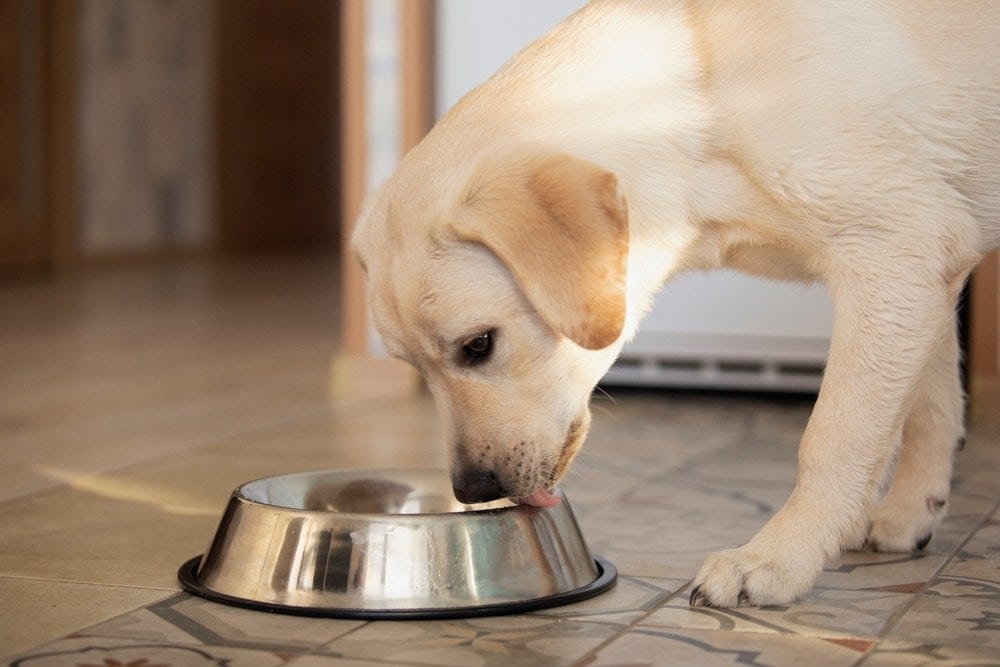
Peppercorns have been used since ancient times both as a flavoring and traditional medicine, with black pepper being the world’s most traded spice. Piperine provides black pepper’s pungent flavor, making it different from the capsaicin spice of chili peppers.
The USDA identifies black pepper as a moderate source of Vitamin K, iron, and manganese, and a trace source of dietary fiber. It has seen use in folk medicine to treat constipation, insomnia, and toothaches, as well.
Health Benefits of Black Pepper for Dogs
Given its potential as an irritant to your dog’s sense of smell as well as their stomach lining, black pepper offers no real health benefits for your dog. It is, however, non-toxic for canine consumption and will not seriously endanger their health if eaten in very small quantities.
Can Black Pepper Be Bad for Dogs?
Taken internally in large amounts, the piperine which gives black pepper its characteristic flavor and aroma can be intensely irritating to a dog’s digestive system. This can result in nausea, vomiting, and diarrhea—all signs that you should take your dog to the veterinarian. It can also cause respiratory problems and lead to choking in severe cases. Be sure you watch your pooch carefully while they ingest black pepper and offer lots of water to them throughout the process.

Thankfully, most dogs will naturally avoid black pepper’s potential health risks due to its pungent aroma. It’s highly irritating to a dog’s sense of smell, and most canines will steer clear of eating it or even being next to it.
In fact, black pepper has been used as a deterrent for canine chewing. Owners sprinkle a little black pepper on an object to discourage them from gnawing on it, and quite often it works. This should give you a good idea of how much your dog would enjoy having this seasoning added to their food—very little.
Can Dogs Eat Black Pepper?
For pet owners that love cooking, it can be tempting to always prepare two portions of your meals—one for you, and one for your best furry friend. Used as a small portion to season meats or veggies, black pepper is unlikely to cause any digestive upset for your dog. Their sensitivity to the smell of black pepper, however, may cause your dog to reject any food with this seasoning that you’ve cooked for them.
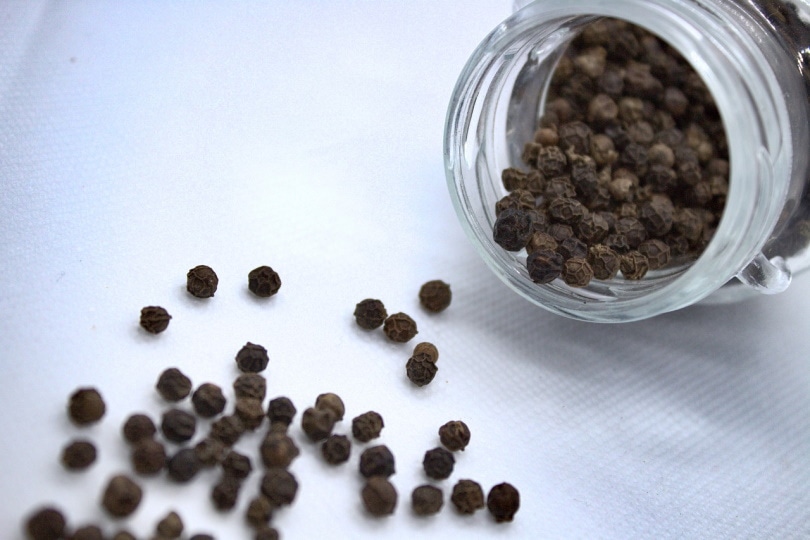
Types of Black Pepper Your Dog Can Eat
Strangely enough, the fresher your black pepper is the less your dog will want to eat it. Freshly ground black pepper contains more of the volatile essential oils and aromatics that make it unpleasant to a dog’s sense of smell, as well as more of the piperine that can upset their stomach.
Final Thoughts on Feeding Black Pepper to Your Dog
So, can dogs eat black pepper? Well, black pepper is a food that’s almost wholly unsuited to becoming a part of your dog’s diet. It offers little in the way of health benefits and can be irritating to both their nose and their stomach. Avoid feeding black pepper to your dog whenever possible and call your vet immediately if your dog has eaten black pepper and begins to vomit or have diarrhea.
You may also be interested in:


